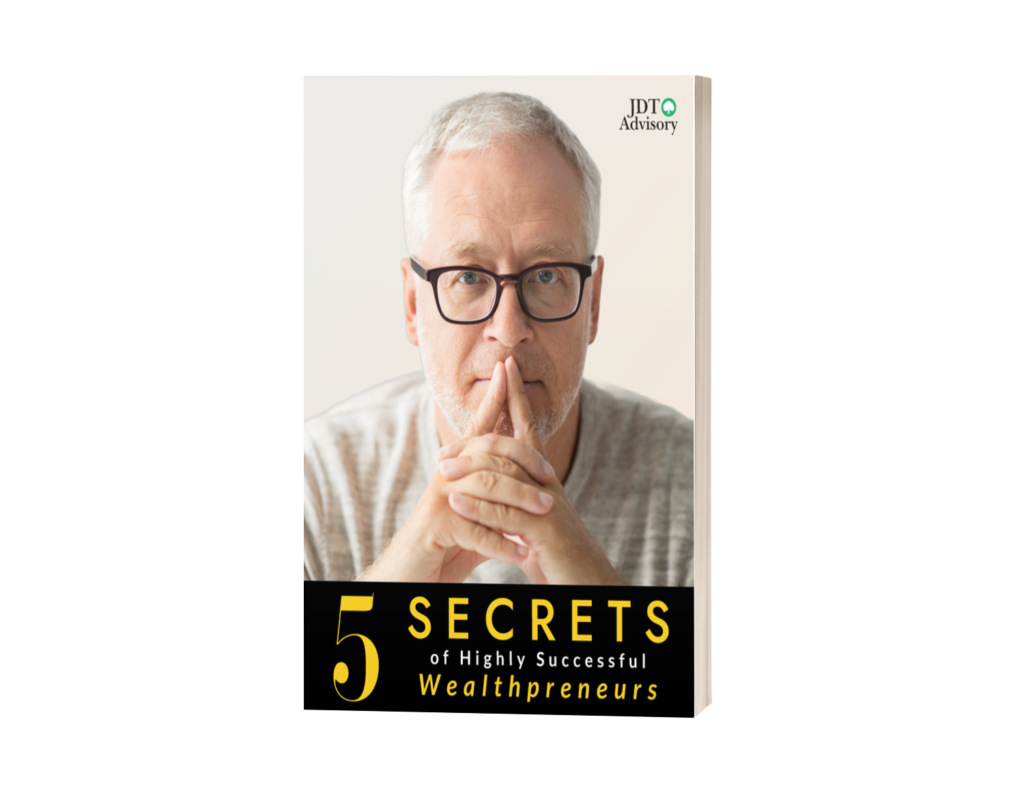The value of your business comes down to a single equation: what multiple of your profit is an acquirer willing to pay for your company?
profit × multiple = value
Most owners believe the best way to improve the value of their company is to make more profit – so, they find ways to sell more and more. As experts in their industry, it’s natural that customers want to personally engage with them, which means spending more time on the phones, on the road and face-to-face to increase sales.
With this model, a company can slightly grow, but the owner’s life becomes much more difficult: customers demand more time and service, employees begin to burn out, and soon it feels like there are not enough hours in the day. Revenue flat lines, health can suffer and relationships get strained – all from working too much. Does this feel familiar?
If you’re spending too much time and effort on increasing your profit, you could find yourself diminishing the overall value of your business. The solution? Focus on driving your multiple (the other number in the equation above). Driving your multiple will ultimately help you grow your company value, improve your profit and redeem your freedom.
What Drives Your Multiple
Differentiated Market Position
Acquirers only buy what they could not easily create, so expect to be paid more if you have close to a monopoly on what you sell and/or are one of the few companies who have been licensed to provide the specific product or service in your market.
Lots of Runway
Most founders think market share is something to strive for, but in the eyes of an acquirer, it can decrease the value of your business because you’ve already sopped up most of the opportunity.
Recurring Revenue
An acquirer is going to want to know how your business will do once you leave – recurring revenue assures them that there will still be a business once the founder hits eject.
Financials
The size and profitability of your company will matter to investors. So will the quality of your bookkeeping.
The You Factor
The most valuable businesses can thrive without their owners. The inverse is also true because the most valuable businesses are masters of independence.




